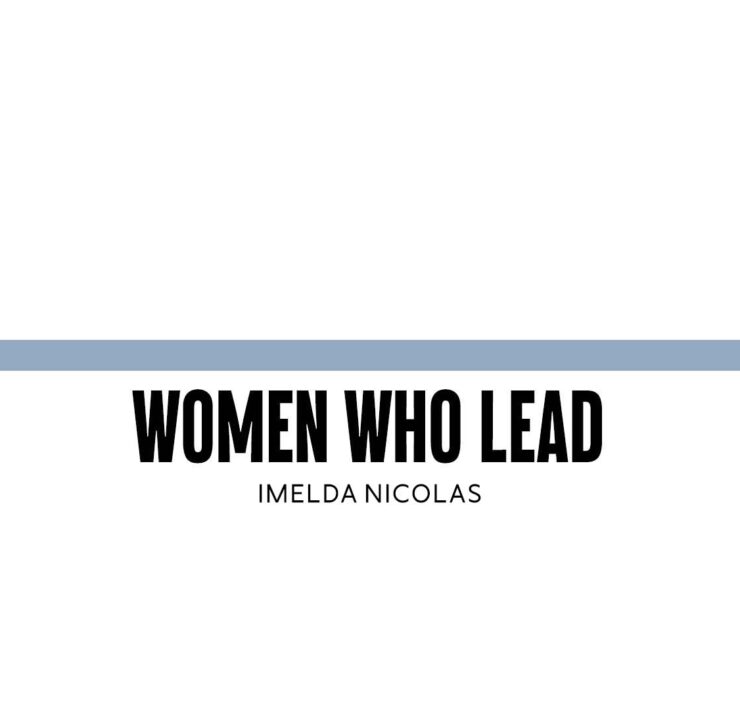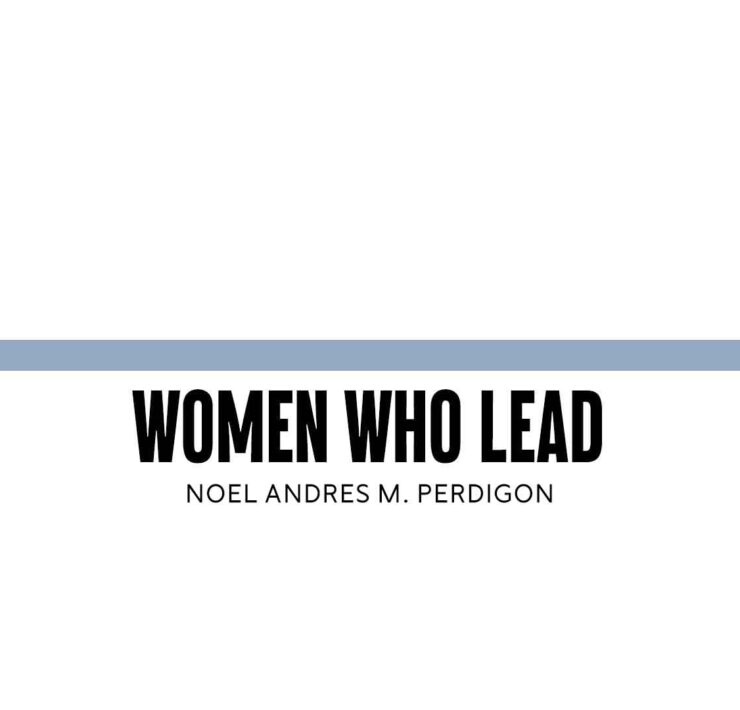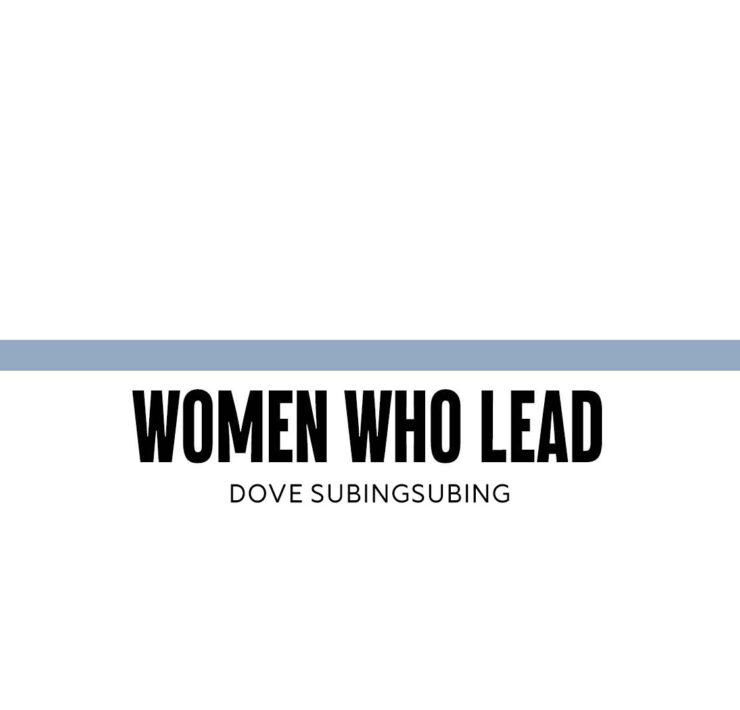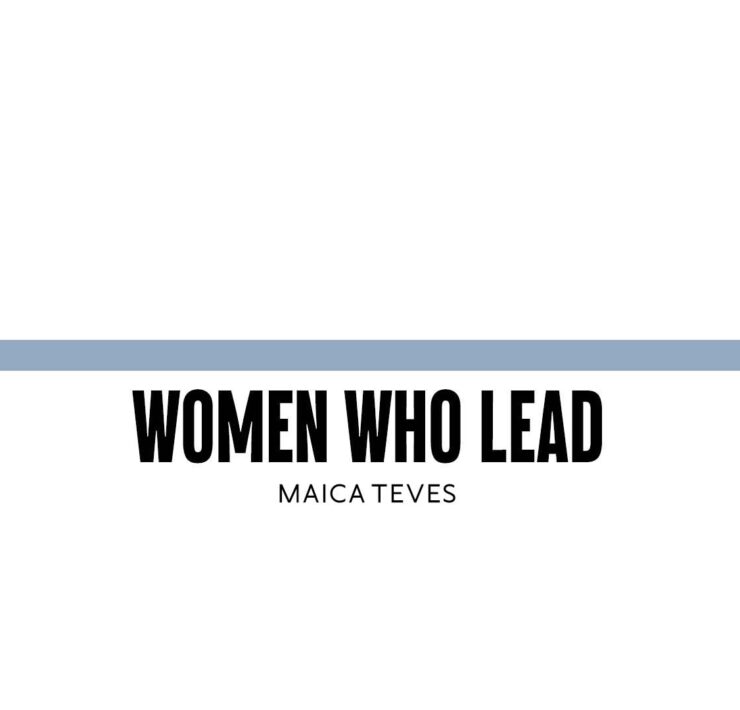Tough love and care
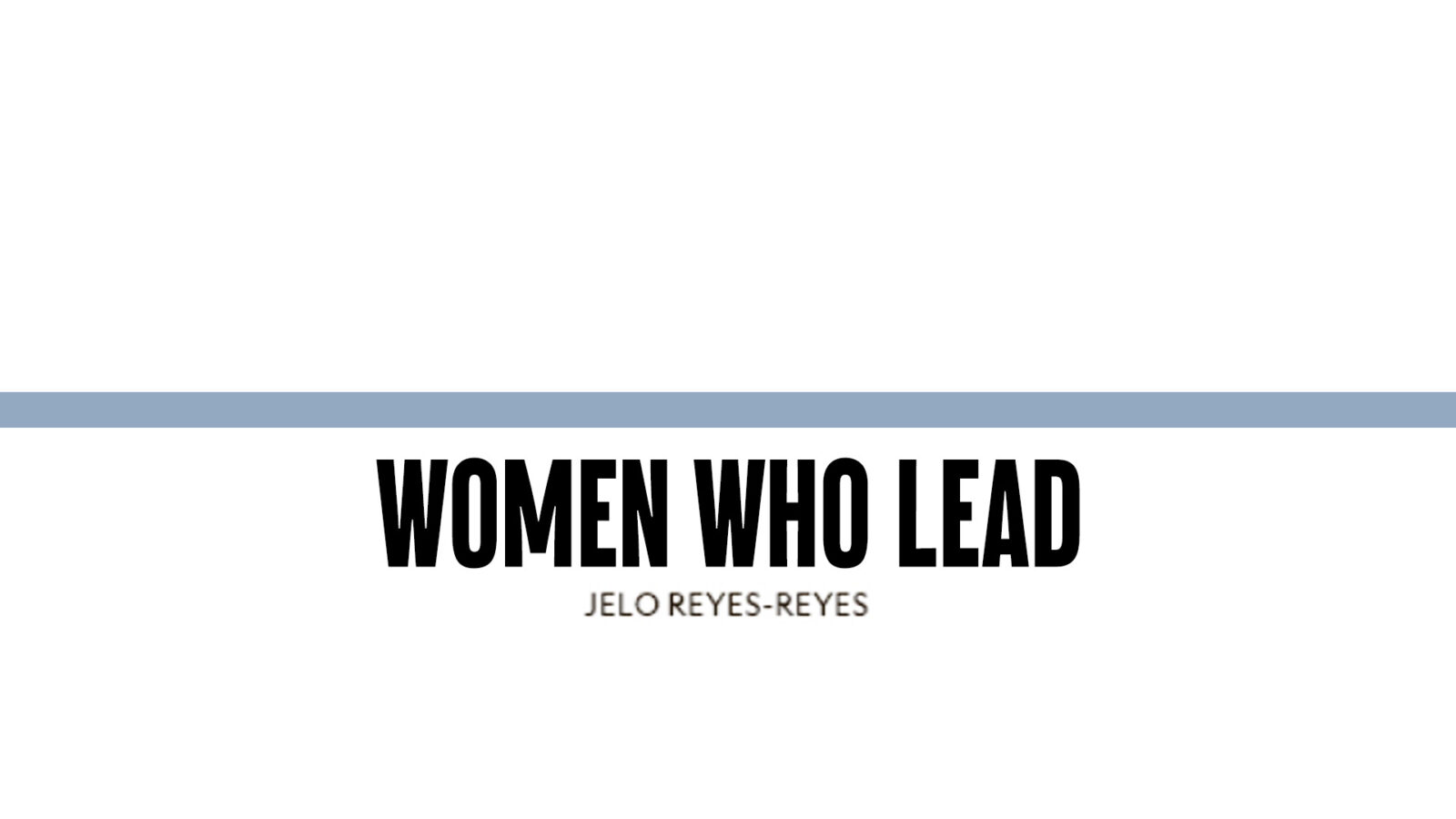
May is more than just my birth month. It is a significantly precious time of reflection and recognition—not only because it celebrates hardworking, nurturing mothers like me, but also because it reminds me of the extraordinary journey I continue to walk every day.
I am an autism mom to three remarkable children, each of whom lives with their own unique challenges. My firstborn, Ramon Joaquin (21), has a learning disability. My daughter, Theresa Julia (19), has autism. My youngest, Rafael Jose (16), has an intellectual disability. Learning about their respective conditions was, at first, a painful and overwhelmingly devastating experience. There were moments of grief, fear, and self-doubt. But acceptance and the strength to fully embrace the truth of our lives have helped me navigate my journey in caring for and protecting my children. My husband and I, together with a strong support network of family, friends, caregivers, and affiliations, have managed to build a home filled with resilience and purpose. Tough love has allowed me to teach and make my children understand the world, albeit in stages. Their milestones, whether small or big, always call for a grand celebration. Still, no day is the same. Meltdowns and tantrums can happen whenever and wherever. Each child requires a different form of care and management based on their health condition, lifestyle activities, hormonal fluctuations, and environmental triggers. Add to that my responsibilities at work, and in our household—it’s no small feat. This is why care work—especially unpaid care work—is very personal to me. And I think that it deserves serious recognition.
In the Philippines, women like me shoulder the bulk of the share of unpaid care work—defined as the work of providing care and support to individuals with varying needs, such as children, the elderly and the sick, as well as the home, without monetary compensation. According to the 2021 National Household Care Survey in the Philippines led by OxFam Pilipinas together with the UN Women and the Philippine Commission on Women (PCW), women spend around 13 hours a day on unpaid care work versus only eight hours a day by men—that’s time we invest intangibly, tirelessly and often without rest. Despite its invisibility, unpaid care work is the hidden mechanism that keeps families, communities, and the economy running. Yet, it continues to be undervalued and excluded from critical economic metrics. This insignificance also feeds into the persistent gender inequality we see: women are expected to “naturally” handle caregiving, often at the cost of professional growth, education, mental health, and personal development.
I see hope on the horizon as PCW is instrumental in recognizing care work by pushing for policies that recognize, reduce, redistribute, reward, and represent care work, aligned with the UN’s 5Rs of decent care work:
- Recognize: awareness of unpaid care work is a critical driver of the economy, society and personal well-being.
- Reduce: implementing policies and practices to decrease the burden of unpaid care by improving access to care services.
- Redistribute: ensuring care responsibilities are equally taken on between men and women.
- Reward: involves paid care workers are fairly compensated and protected.
- Represent: caregivers are involved in decision-making processes.
Efforts, such as promoting family-friendly workplace policies, advocating for childcare services, and integrating care work into gender-sensitive planning, are slowly gaining ground. But much more needs to be done. If we truly start valuing care work—both paid and unpaid—we pave the way toward real gender equality. This begins at home, where men and women can share caregiving responsibilities more equitably. It extends to workplaces that support flexible work arrangements for parents. It reaches governments that provide social services and benefits to support caregivers, especially those caring for persons with disabilities.
As a working mother with three children who need consistent and compassionate care, I believe that acknowledging care work is not just a matter of fairness. It is a matter of justice and survival. Care work is skilled, essential, and powerful. And I—like countless other women—embody that every single day.
In May, and every day, may we celebrate and fight for the visibility, value, and rights of mothers and all other persons providing care work.
—————–
Jelo Reyes-Reyes, CPM, is a management consultant leading the business development and marketing for the Philippine Business Coalition for Women Empowerment (PBCWE) and Philippine Women’s Economic Network, Inc. (PhilWEN). She also serves as board director at the Philippine Marketing Association (PMA), founding member and president of Shakers for Change Inc., and advisor for the women & youth sectors of Kaunlaran, Katarungan at Kapayapaan in Las Piñas City.
—————–
Women Who Lead is an initiative of PhilWEN
















